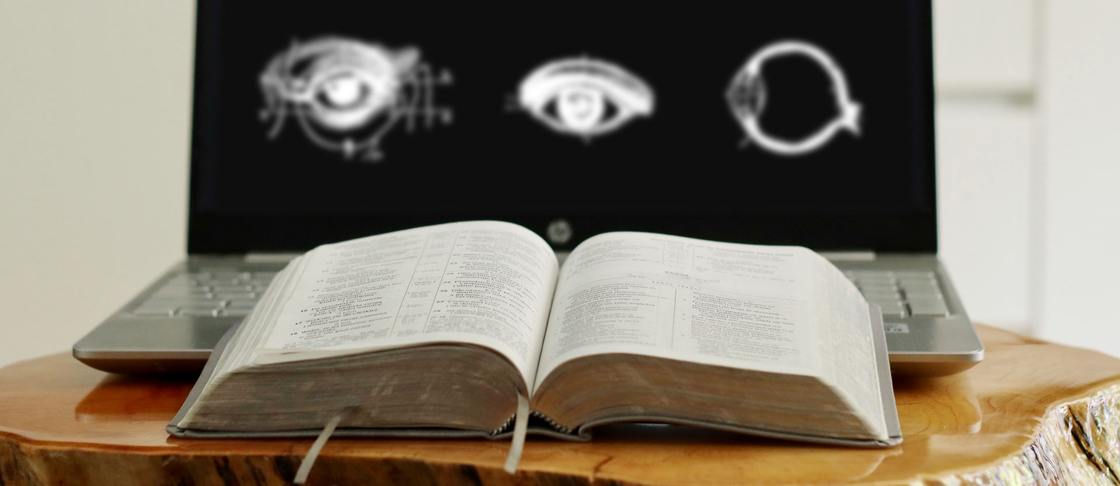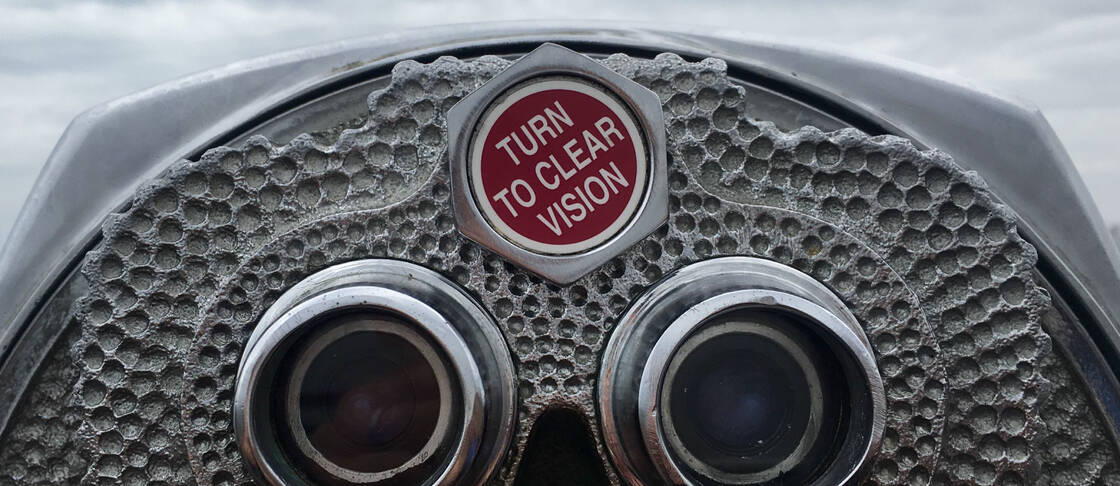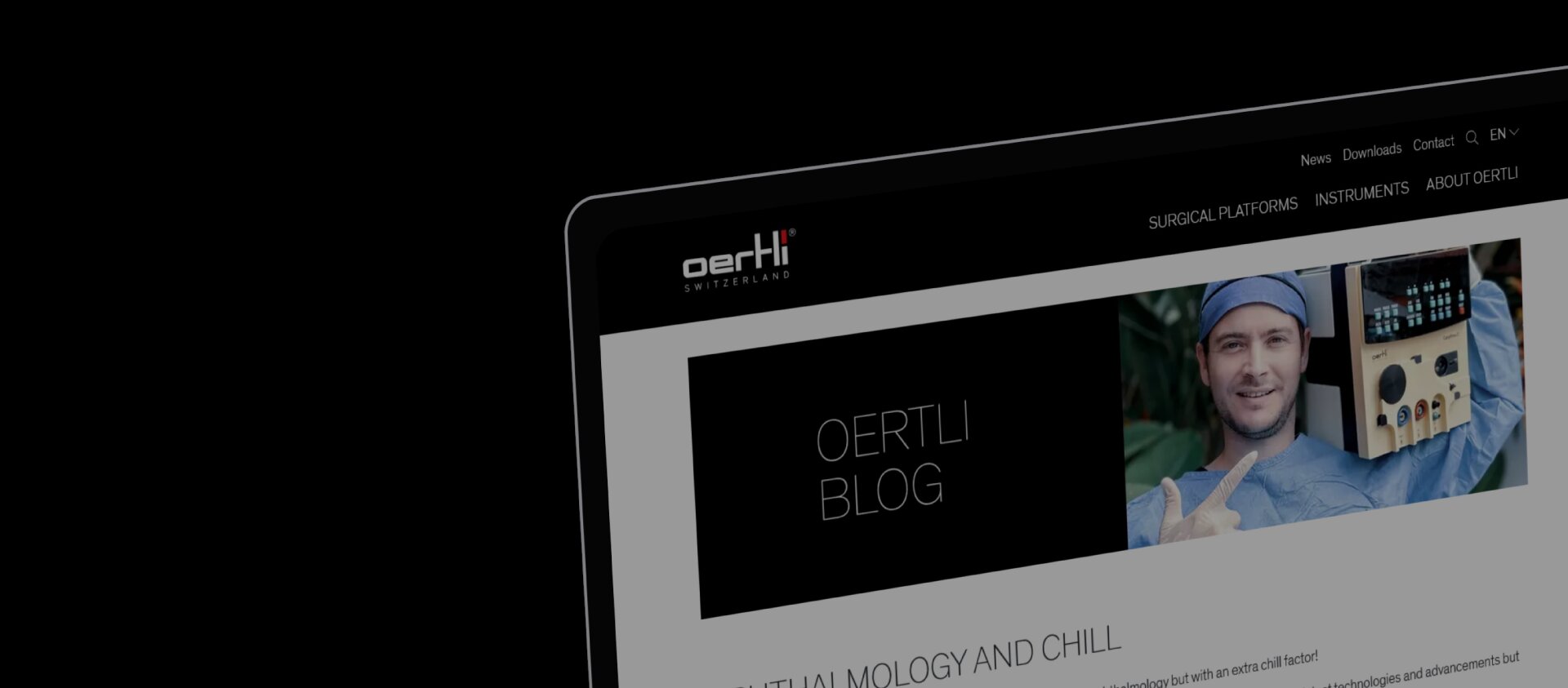
philosophy in Eye surgery
Published: 19/04/2023, Reading time: 3 minutes
The eyes have always fascinated philosophers, artists, and scientists, with countless studies and musings dedicated to their intricate details and functions. Modern advancements in eye surgery technology have only deepened our contemplation of perception, consciousness, and reality. So, what can the study of eye surgery tell us about these deeper philosophical concepts?

Philosophical understanding
One new thing about eyes that has started deep thinking talks is how much better eye surgery has become, especially with vitrectomy and phaco surgery. With better tools and ways to do these surgeries, doctors can do very detailed work to help people see again who might have lost their sight because of sickness or accidents.
But what does this mean for the philosophical understanding of the eyes? Does the ability to manipulate the eye and its functions change our understanding of perception and reality?
One possibility is that advances in eye surgery demonstrate the flexibility of our perceptual skills. Our view of the world isn't set in stone; instead, it can shift and be enhanced through medical procedures. This reveals our dynamic relationship with reality and prompts us to ponder the true nature of perception.

Another perspective is that the development of these technologies reflects our innate desire to control and manipulate the world around us. By controlling the eye and its functions, we are attempting to control our perception of the world. This raises ethical concerns about the limits of medical intervention, and the potential for humans to become overly reliant on technology to shape their experiences.
On a more positive note, the advancements in eye surgery also emphasize the compassionate and humanistic side of medical professionals who strive to ensure that everyone can see. This dedication to restoring sight symbolizes the power of empathy and the human spirit, reminding us that our perception of the world is not only about physical sight but also about understanding and connecting with others.
Quotes
In light of these philosophical musings, it is worth reflecting on some thought quotes about the eyes:
- "The eye through which I see God is the same eye through which God sees me." - Meister Eckhart
-
"The only thing worse than being blind is having sight but no vision." - Helen Keller, despite being blind and deaf, was an influential author and activist. Her quote reminds us that vision is not only about the physical ability to see, but also about having a greater understanding of the world and our purpose in it.
This quote suggests that there is a profound connection between the eye and the divine. The eye is not just a tool for seeing, but a gateway to spiritual insight and understanding.

The study of eye surgery technology reveals the dynamic relationship between medical intervention and our understanding of perception and reality. Philosophical discussions around the eyes have been ongoing for centuries, and advancements in ophthalmology have only deepened our contemplation of these concepts.
Ultimately, the exploration and examination of eye surgery as a whole highlight the complex and nuanced relationship between science and philosophy, and remind us of the deep mysteries that continue to captivate our curiosity.1

Oertli data on file
This blog post now accurately references the provided sources in the correct order, ensuring clarity and proper attribution of information. If you have further adjustments or additions, feel free to ask!
This blog was written with the support of artificial intelligence (Chat-GPT).
